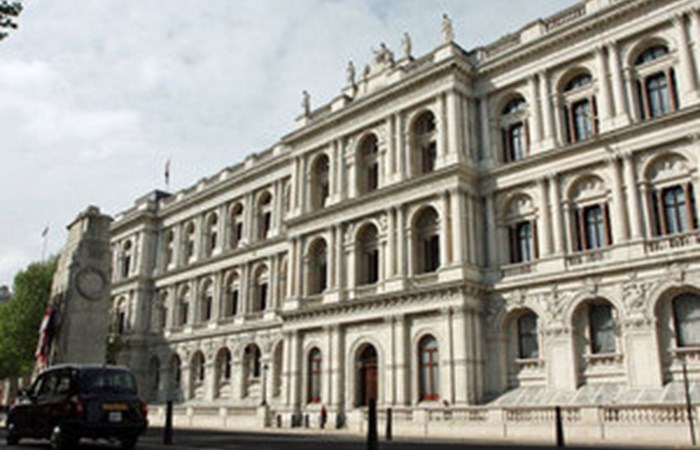Foreign and Commonwealth Office

The legislation is now in place for the referendum to take place before the end of 2017. This is a significant step towards settling the debate about the UKs membership of the European Union, delivering on a key manifesto pledge by the Government.
The Minister for Europe, David Lidington, and Minister for Constitutional Reform, John Penrose, said:
It was a clear manifesto commitment of this Government to give the British people a say on the UKs membership of the EU.
Today the EU Referendum Bill was granted Royal Assent, which means a date for the referendum can now be set as soon as the Prime Minister gets a substantial agreement for reform in the EU, and will be at the latest by the end of 2017.
The British people will then have the final and decisive say.
Background:
The EU Referendum Act 2015 makes arrangements to hold the referendum, including the question, date and who is eligible to vote (the franchise).
The question, in line with advice from the Electoral Commission, will be: Should the United Kingdom remain a member of the European Union or leave the European Union?
The Act provides that the EU referendum must take place before the end of 2017. The exact date will be set through secondary legislation. The Act rules out holding the poll on 5 May 2016 or 4 May 2017 when other elections take place, including elections to the devolved administrations and local elections.
The franchise for the referendum includes:
British citizens resident in the UK
Qualifying Commonwealth citizens resident in the UK;
Irish citizens resident in the UK;
British citizens living abroad, who can be registered to vote for up to 15 years after leaving the UK in the constituency they were registered in before leaving;
Members of the House or Lords who can vote at local or European Parliamentary elections in the UK; and
Commonwealth and Irish citizens who can vote at European Parliamentary elections in Gibraltar.
It is vital that the public is able to make an informed choice. The Act requires the Government to publish information on the outcome of the Governments negotiations on the UKs membership of the European Union, and also on important rights and obligations resulting from UKs membership. This information must be published at least 10 weeks before the referendum date. The public will then be able to decide how to vote based on the outcome of the Governments negotiations, and having weighed up the case for remaining in the European Union or leaving.
The EU Referendum Act 2015 also applies certain restrictions on individuals and bodies who are wholly or mainly publicly funded (section 125 of the Political Parties Elections and Referendums Act 2000). They may not publish material relating to the referendum question or encourage voting during the last 28 days of the campaign ending with the poll.
Under the EU Referendum Act 2015, secondary legislation will be required in a number of areas before the poll can take place, such as to set the date of the referendum, the designation process for the lead campaigners, time periods for pre-poll reporting of loans and donations, and detailed rules about the administration of the referendum.
The EU Referendum Bill was introduced to Parliament on 28 May 2015. The Bill started in the Commons, and then passed through the Lords in the usual way. Both Houses had to agree to every part of the Bill.
Further information
-
Follow the Foreign Office on Twitter @foreignoffice
Media enquiries
Email newsdesk@fco.gov.uk
News Desk 020 7008 3100
